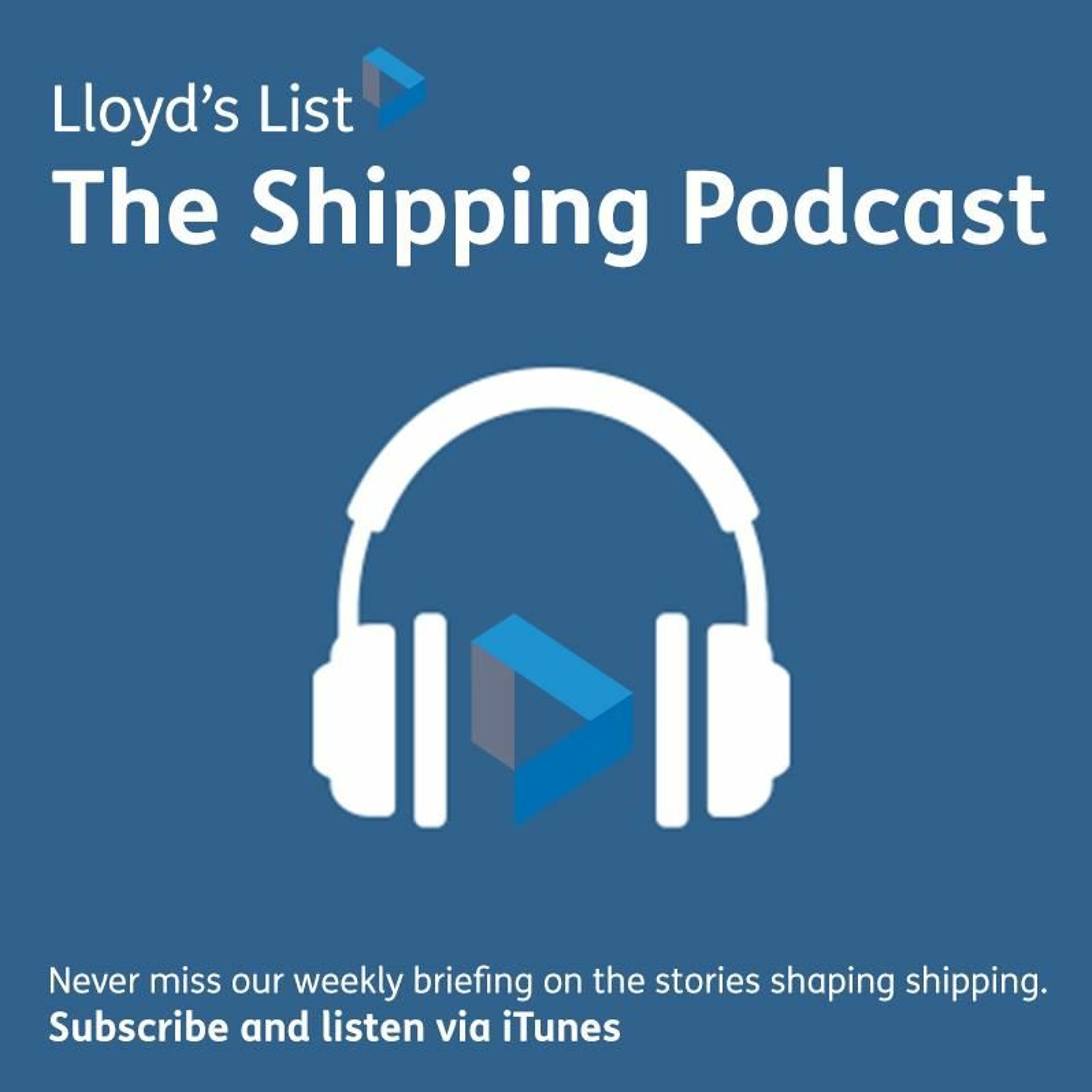
The Lloyd’s List Podcast: Shipping’s quiet corruption revolution
Lloyd's List: The Shipping Podcast
Shownotes Transcript
We are joined on the podcast this week by the chief executive of the Maritime Anti-Corruption Network Cecilia Müller Torbrand. The ethical case against corruption is too obvious to need spelling out, and yet until relatively recently foreign bribery was essentially considered a tax-deductible reality of daily shipping operations. The fact that ships routinely carried an additional cargo of dollar bills, Marlboro Red cartons and Jonny Walker Black label in order to smooth out the vessel’s passage through certain port calls and canal transits, well that was just a reality of international trade. But despite its reputation for opaque business practice, the shipping industry has, over the past decade, been going through a quietly effective anti-corruption revolution. When the Maritime Anti-Corruption Network was created in 2011, it started to tackle the issue of corruption on an industry-wide collaborative basis, instead of leaving companies working in silos against systemic issues of graft and dodgy dealings. It has been a quiet success story that has received little attention, but the impact has been dramatic. MACN today represents over 50% of the worlds tonnage, giving the shipping industry significant leverage when engaging in dialogue with governments ad institutions to stamp out corruption.